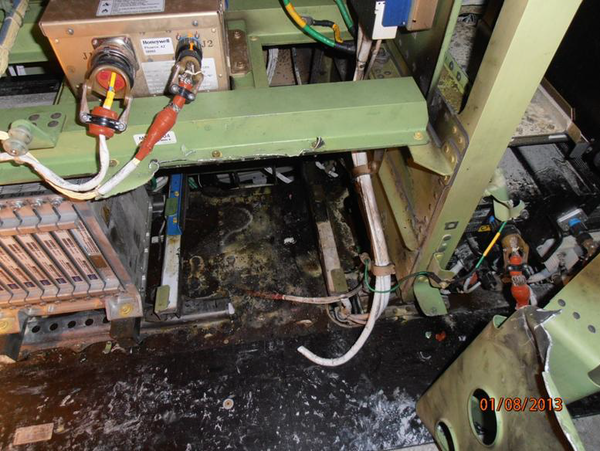The loss of an engine, especially on a twinjet, is still a very serious event in which the pilots must immediately attend to, otherwise the plane WILL crash in a way which no one will survive. I guess it could be similar to a case of appendix, which can usually be cleared by prompt treatment, but is usually fatal without treatment and might have further implications... like the patient might be deathly allergic to antibiotics... or something. In any case, an engine failure in a modern airliner is still an event which has a tangible likely hood of killing all aboard, even if the pilots performed to the best of their abilities... Any flight which suffers an engine failure cannot possibly be said to have been a "safe" flight unless you're the company's PR speaker, of course..Broomstick wrote: 2017-12-31 12:17amIt is not entirely irrational to have some concern or even fear in regards to things you don't understand. Most people don't understand how airplanes work or what really holds them up in the air like that. The key thing is not to let the fear run away with you and/or control you.FancyDarcy wrote: 2017-12-30 02:02pm Yeah, I tend to overreact sometimes, and I'm definitely a bit fearful of flying. Even though most commercial airliners are extremely safe and well-designed machines I'm still pretty nervous around them.
Please scroll up and read about the Air Transat incident I posted earlier. A lot of calculations go into flight planning, including alternate airports (which might not be normally used by passengers but are still able to handle a passenger jets) and calculating how far an airplane with just one engine can safely fly. Everyone involved has a definite interest in making sure the airplane makes a safe landing.I was mostly worried about flying over the Tasman Sea, where the nearest airport could be more than an hour and a half away at full speed.
I could give a long, technical explanation for this, but unless you want want I'll just say that the steering mechanisms on a modern multi-engine passenger jet are sufficient to compensate for any "roll" or other undesirable flight characteristic caused by one engine working and one not.I have to wonder, how well can a commercial twinjet fly after losing one engine? I'm assuming it can be done, of course, but I'd assume the chances of a safe landing would be smaller than a quadjet like the 747 or A380. How would the pilot counter the "roll" from having one of two engines fail?
Although this is NOT true of small, multi-engine general aviation airplanes, at least not in all cases, commercial passenger jets generally can maintain altitude at the very least with one engine down, in some cases even achieve a slow climb (in general, colder air is better for that purpose). It may not be able to maintain maximum cruising altitude but should be able to maintain a safe altitude unless you're crossing over Mount Everest or something similar.
As I said earlier, there have been not one but TWO safe landings in airliners with complete engine failures, including one that occurred mid-way over the Atlantic Ocean. Passenger jets actually make surprisingly good gliders in competent hands. So, in fact, you CAN have a safe landing with a failed engine, this has been done multiple times (I was even on board one of them back in the 1980's), and even if both/all engines fail as long as the pilots have steering control they can control the airplane, which is the most essential thing for landing.
Modern airplanes are actually safer than people think they are.
On another note.. I don't know how to actually swim or even float in water and I really, REALLY doubt that I'd be in the correct state of mind to even try to use one of the inflatablesame under the seats.. so something like the Miracle Hudson would probably have killed me.. as with any other successful water ditching.

